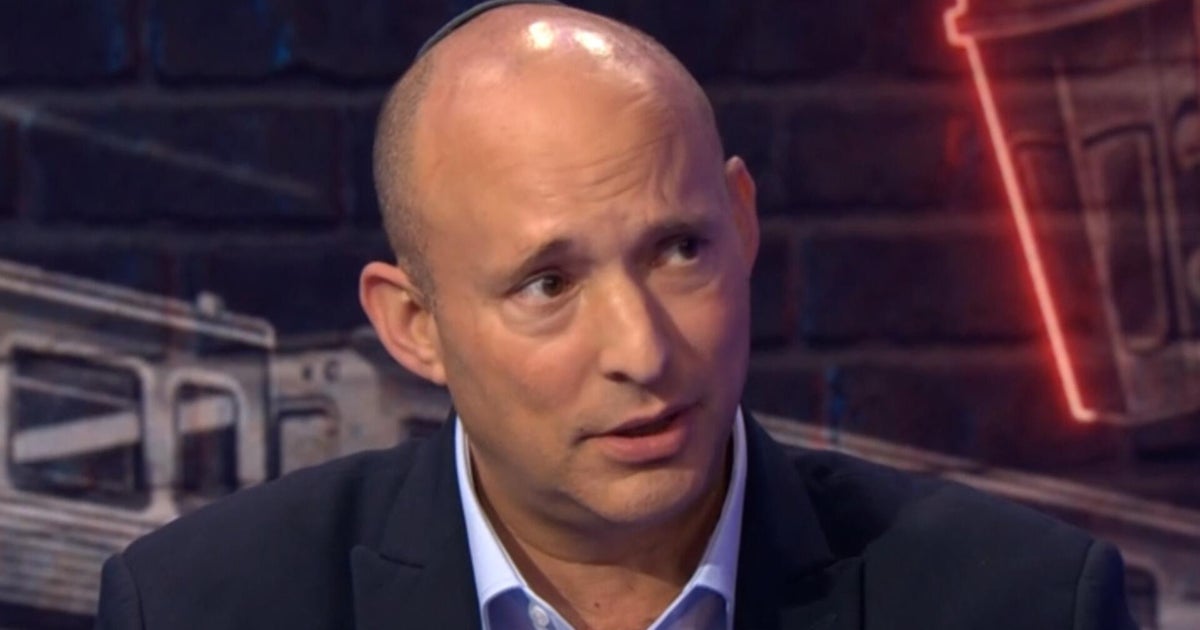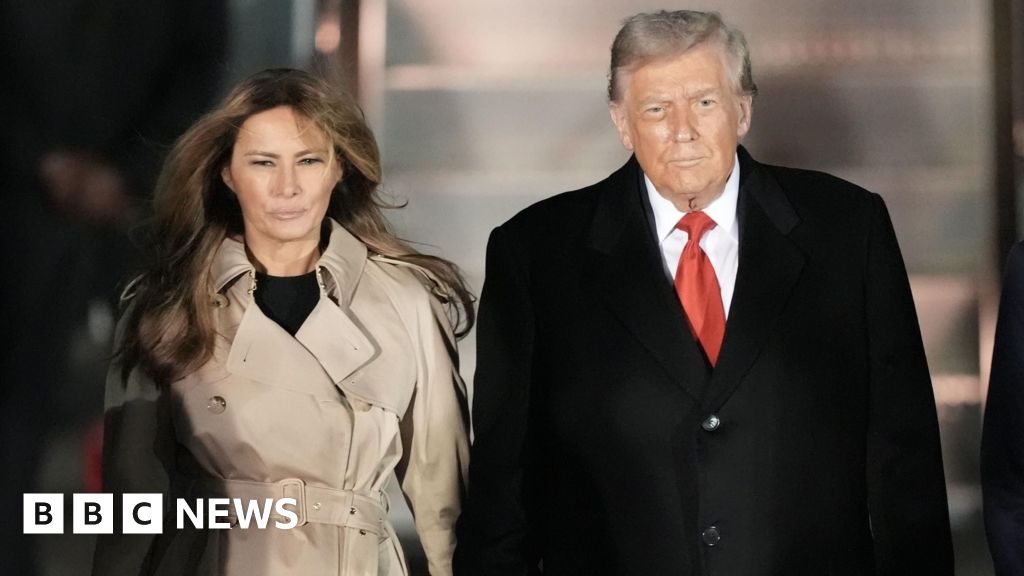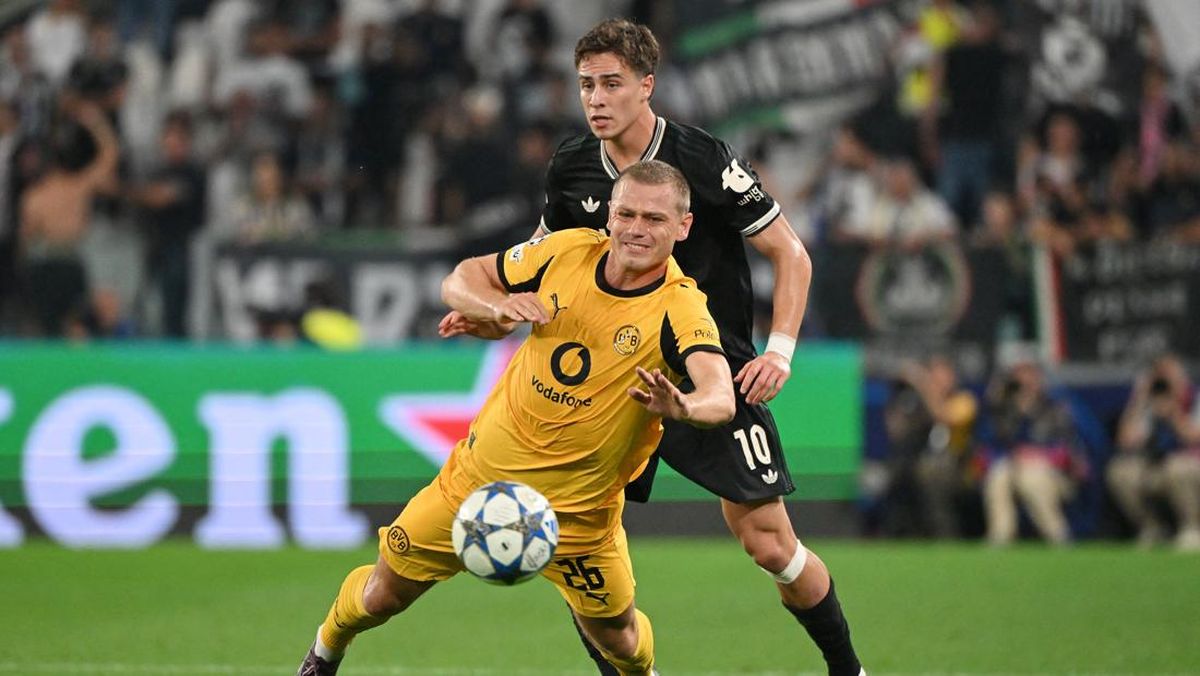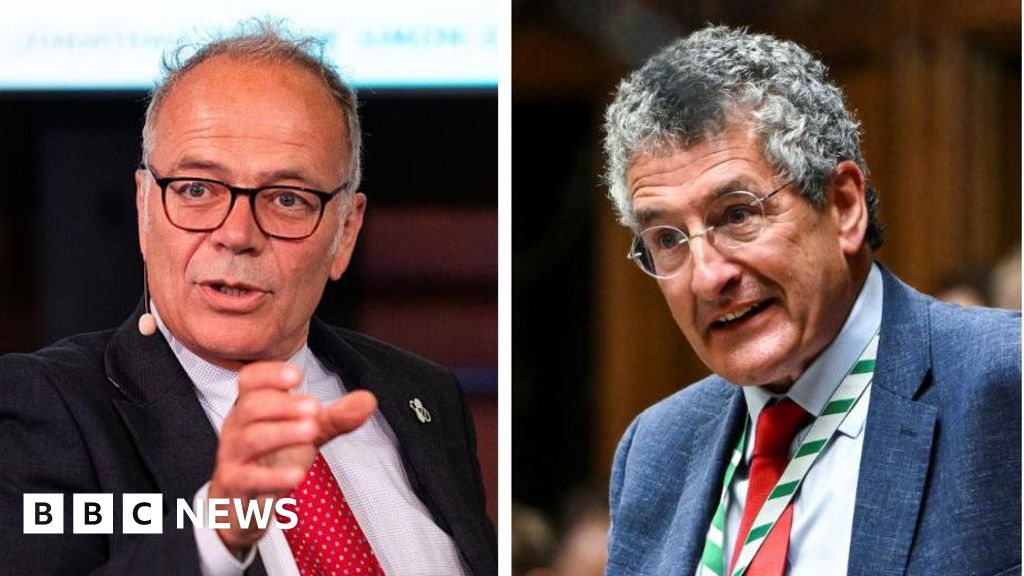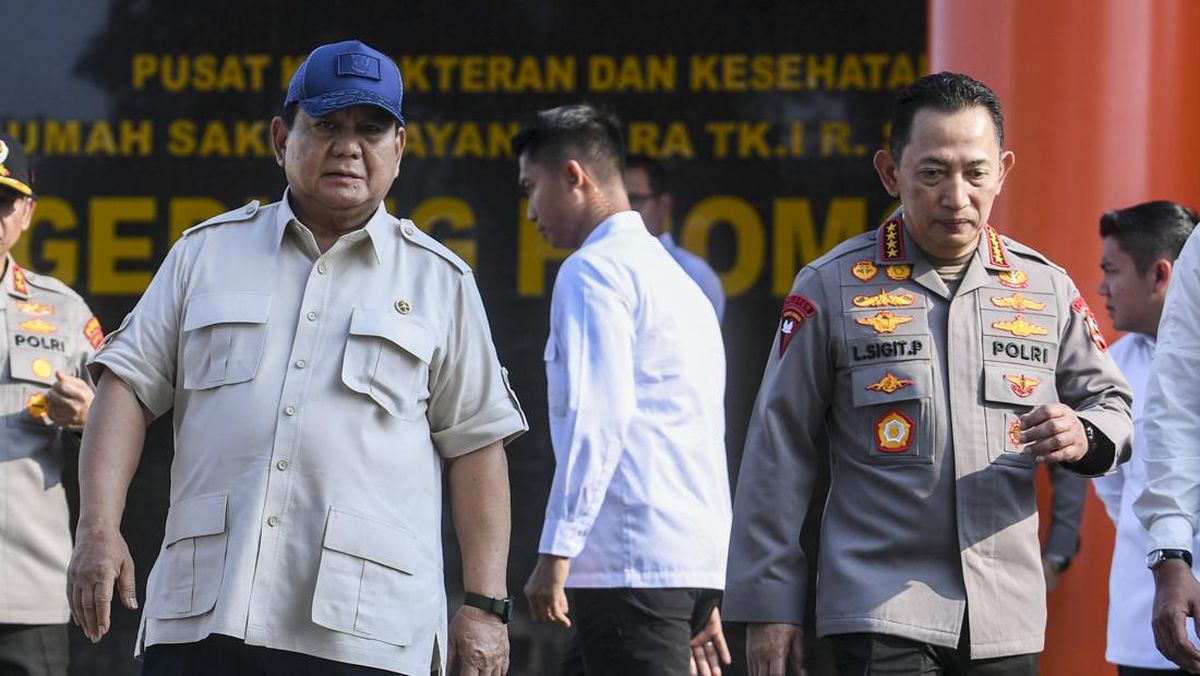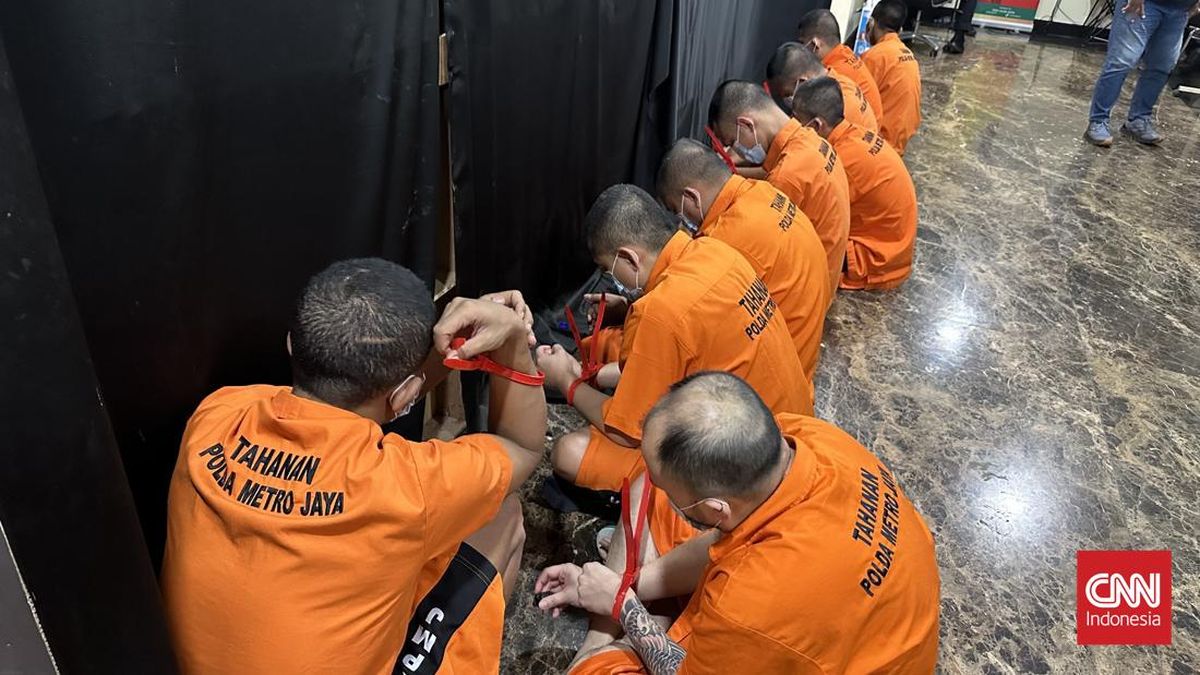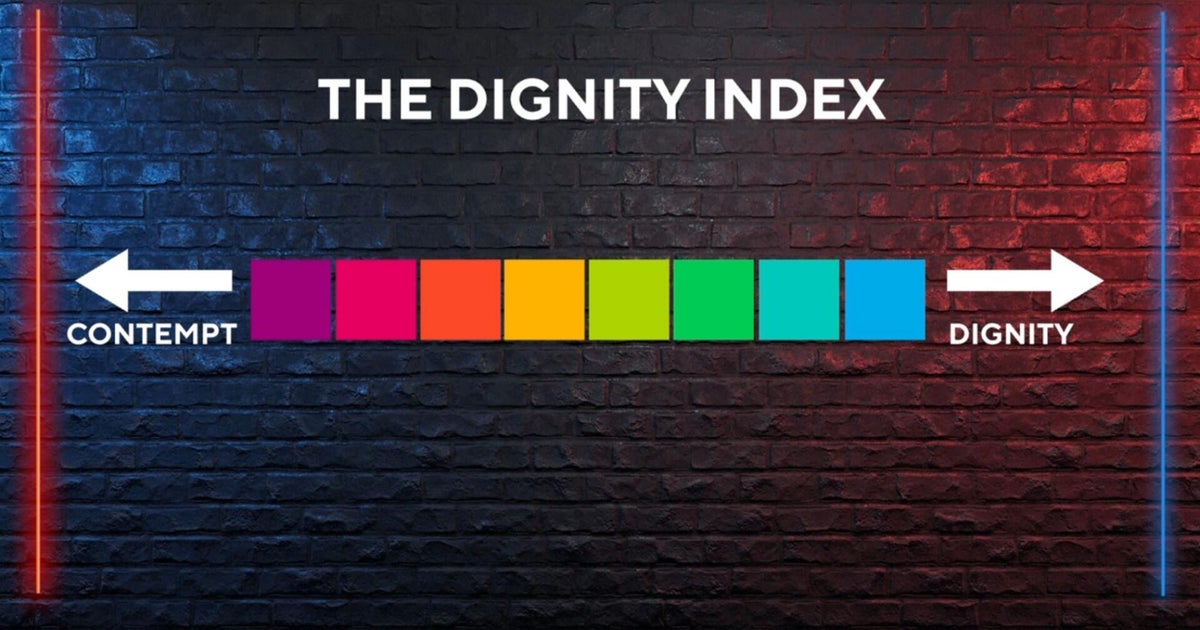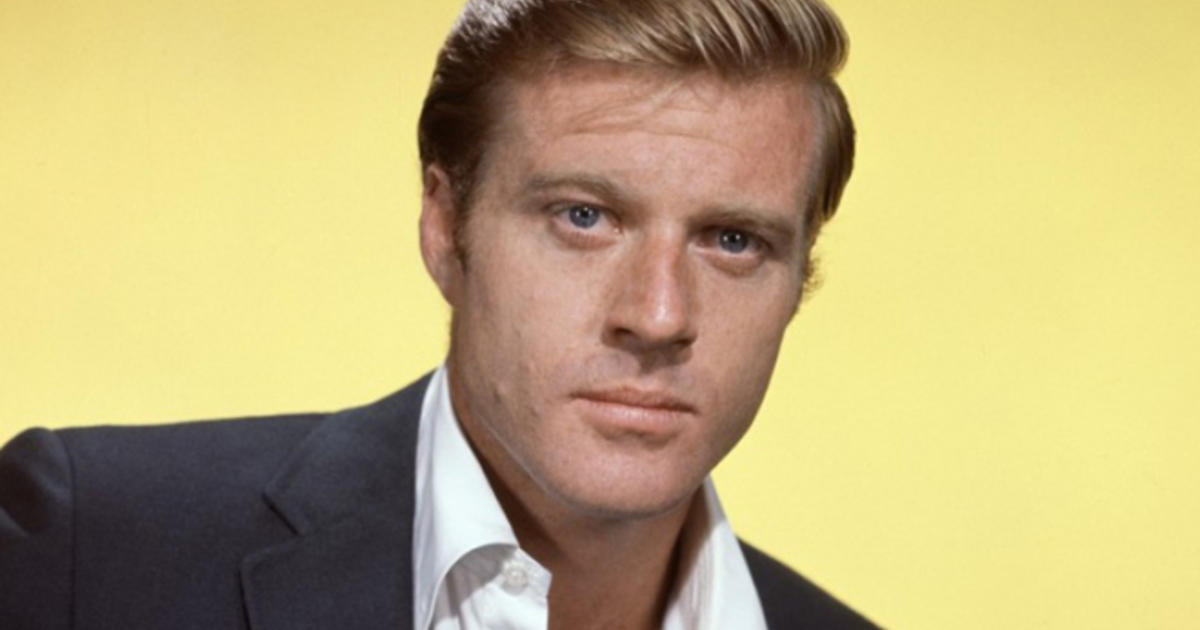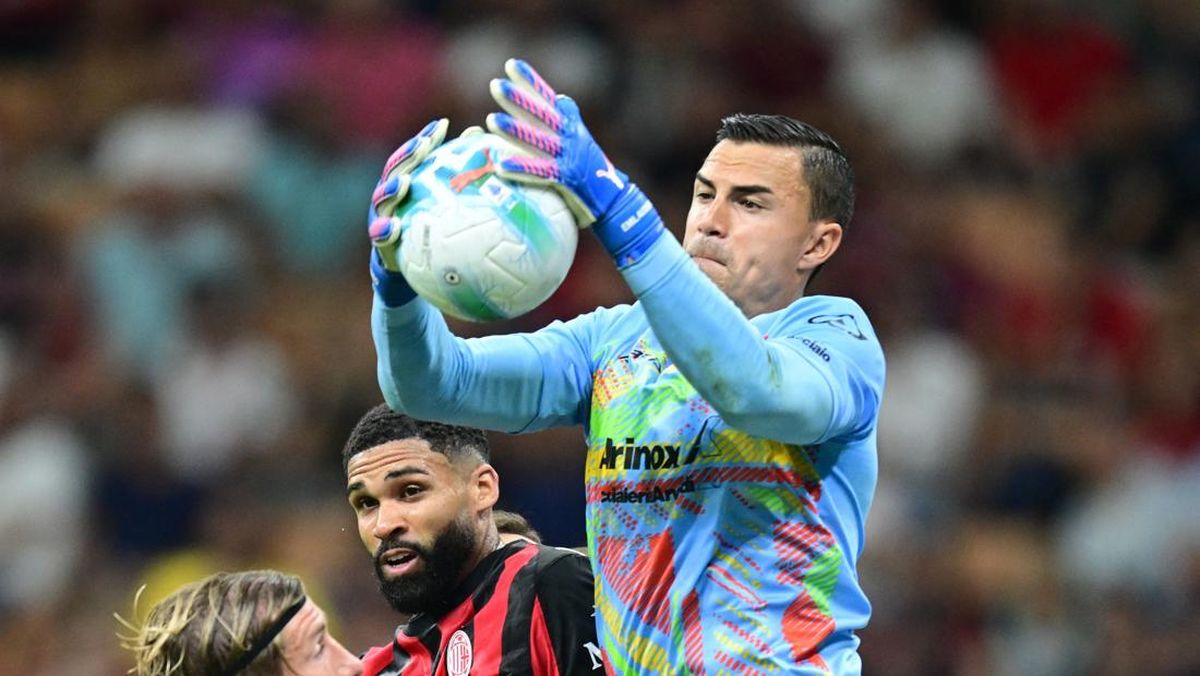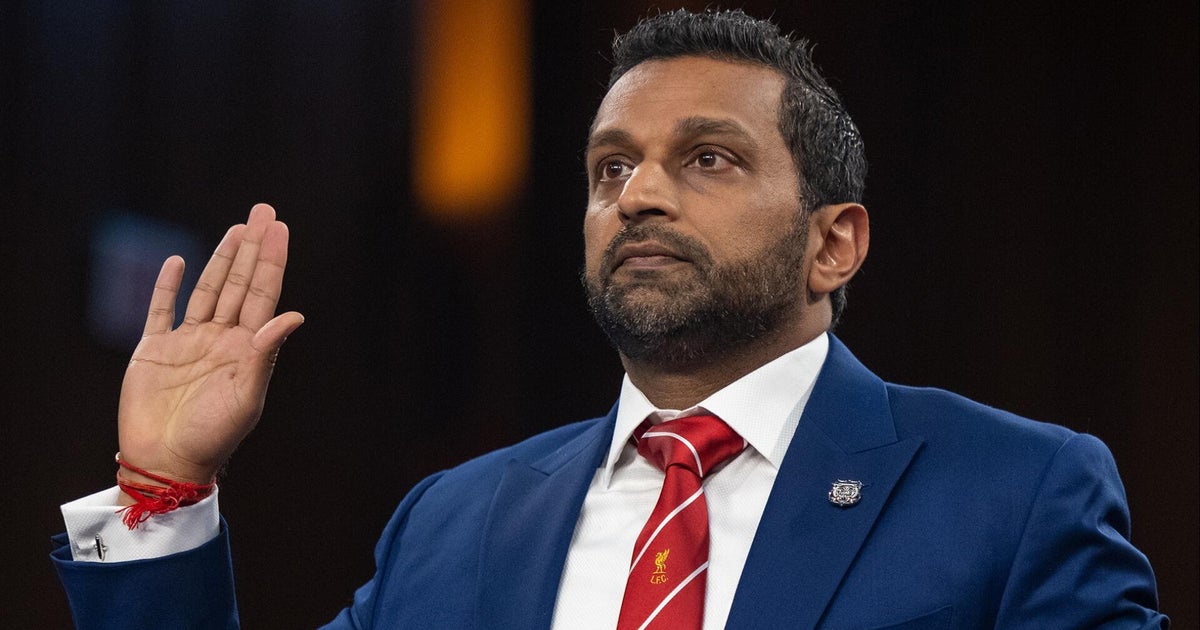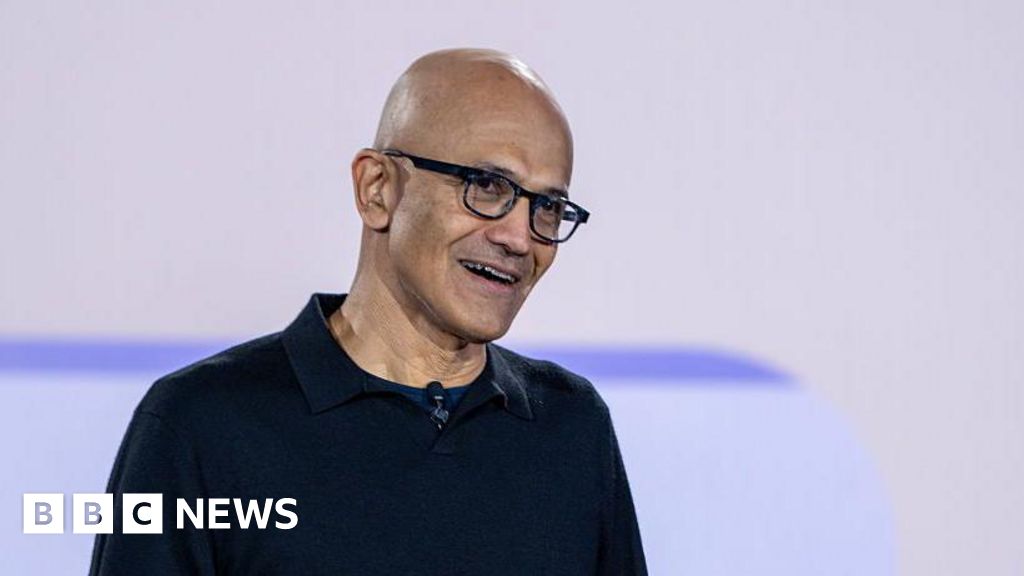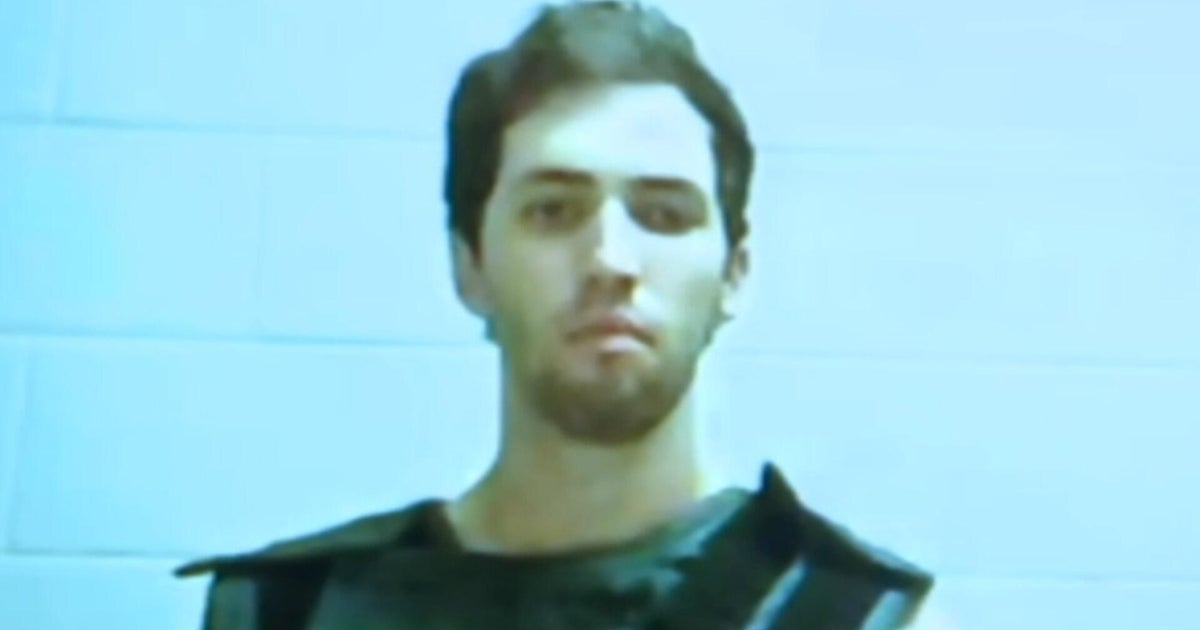Opinion
September 5, 2025 — 3.41pm
September 5, 2025 — 3.41pm
From the heights of 75 years, 900-plus NRL games, seven premierships, and four decades at the top, a lot of things down here on earth must look trivial to Wayne Bennett.
A rugby league player’s court summons on drugs and betting charges looks tiny through the Bennett telescope. “In my opinion, it’s pretty trivial what’s going on with it,” Bennett said this week of Brandon Smith’s troubles with the law. Smith is a “high-profile person, and [the police] are using that profile to get a message out to a lot of people about whatever”.
In the same interview, Bennett said Russell Packer was also being used by police in 2014 when he pleaded guilty to assault occasioning actual bodily harm and went to jail for a year, a setback for Bennett when he was coaching Packer at Newcastle.
According to Bennett, in these cases, police use a high-profile NRL player to set an example for the community. “I don’t think anyone ever thought that would happen,” he said of the Packer jailing. “There was an issue in Sydney at the time about king hits and all that sort of stuff. It is what it is.”
This is Bennett speaking in 2025, not 2014. It’s not a new or insecure coach desperate to show his loyalty to his players, speaking on the spur of the moment. It’s a master of the game who has had a decade to reflect on what Packer admitted doing: fracturing a man’s eye socket with one punch that sent him to the ground, then repeatedly punching and kicking him, breaking more bones in his face. Only blind luck saved Packer from killing his victim.
Trivial.

Credit:
Of all the ways Bennett could be showing leadership – a status he has earned – he’s chosen this.
Looked at one way, it’s a fatherly loyalty that earns a reciprocal love from his boys. To his players, Bennett is saying that whatever they’ve done off the field, they’re probably victims of a conspiracy between police and media to make an example of them. What’s trivial? Their off-field problems. What’s important? Making tackles, running hard, not giving away penalties, this week’s game. It’s what they want to hear. It’s one way of parenting.
Being a former police officer himself, Bennett might have an insight that the rest of us lack. Or he might be speaking from an era when young men struggling to manage anger and addiction was a trivial matter. Or he might be out of touch. Or it might be time to go.
But Bennett, with the freedom of speech granted by his unparalleled success, might also be rugby league’s subconscious, voicing what everyone else would like to say but, because they’re not Wayne Bennett, can’t.

Brandon Smith a training this week.Credit: Sam Mooy
One thing Bennett is not is pretentious. A lot of the pseudo-caring about helping players be “better people” is a gloss over the basic competitive drive that Bennett is honest enough to admit.
Two current examples. The Roosters, a beacon of care for the “whole person”, offloaded Smith when the whole person became unacceptable, as they’d also offloaded Dom Young and Terrell May this year. Those players had become an impediment to winning matches.
When a player is important on the field, different story. The Roosters’ chairman, Nick Politis, speaks of “zero tolerance” for illicit drug use, but when it comes to an instrumental player like Victor Radley at finals time, a different narrative is crafted. The Queensland police might have alleged that Radley was the intended recipient of a drug deal during a golf weekend with teammates, but actually, Trent Robinson has informed us, this is just the media and police joining incorrect dots.
Radley is not accused of any wrongdoing. Allegedly, he could just have arrived in his hotel room to find a surprise alleged drug delivery, which he had no intention to consume.
Like Bennett, Robinson defended his player, who might now repay that loyalty with on-field performance. Is this really player care, or an illustration of how professional sports dance the high wire between “caring” and “having standards” on the one side, and the overwhelming desire to win games?
In the AFL, meanwhile, there is a wide consensus on the unacceptability of homophobic, racial, and other abuse - until it involves the minor premiers losing one of their best players for the finals. Had the Adelaide Crows’ Izak Rankine been suspended for homophobic abuse at another time of the season, the issue would have hit five out of ten on the outrage-o-meter.
But because Rankine means so much to the Crows, and his suspension has already affected the outcome of the premiership – the Rankine-less Crows lost to Collingwood on Thursday night - the matter was dialled up to eleven. The AFL did a half-backdown with a twist in pike position, reducing Rankine’s suspension so he could, hypothetically, play in the grand final. But the episode exposed layers of hypocrisy, accusations of virtue signalling and woke virus penetration – because it’s the finals! Something really important was at stake!
Professional sports open and close their mouths a great deal on the subject of “values”, as if these are fixed quantities that everyone agrees upon. But the primary value among the professional playing and coaching community, and among a plurality of fans, is winning big games, and the fads of the contemporary world can fit in around that.
Loading
The road behind is littered with debris – Manly’s rainbow jersey saga, the Storm’s problems with Welcome to Country, the magical rehabilitation of domestic violence offenders – that show that Wayne Bennett is really just saying what others are thinking. Winning is what matters; the rest can fit in where it may.
There are other ways leaders could use their voices. Bennett, from his heights, with all the esteem and perspective he has accumulated, could have set aside the weekly struggle and said that police make arrests for drugs and gambling charges not as media stunts but as serious parts of their service, treating “high-profile people” the same as anyone else. After 11 years to think about it, he could have said that Russell Packer’s criminal assault put him in jail for good reason.
But standing up for values can be an unpopular mode of leadership. Sticking by your boys and blaming the police or the media is easier. One way or the other, they’re both expressions of commitment, they’re both forms of leadership, and they both send a message to us down here on the human planet.
NRL is Live and Free on Channel 9 & 9Now
Most Viewed in Sport
Loading



